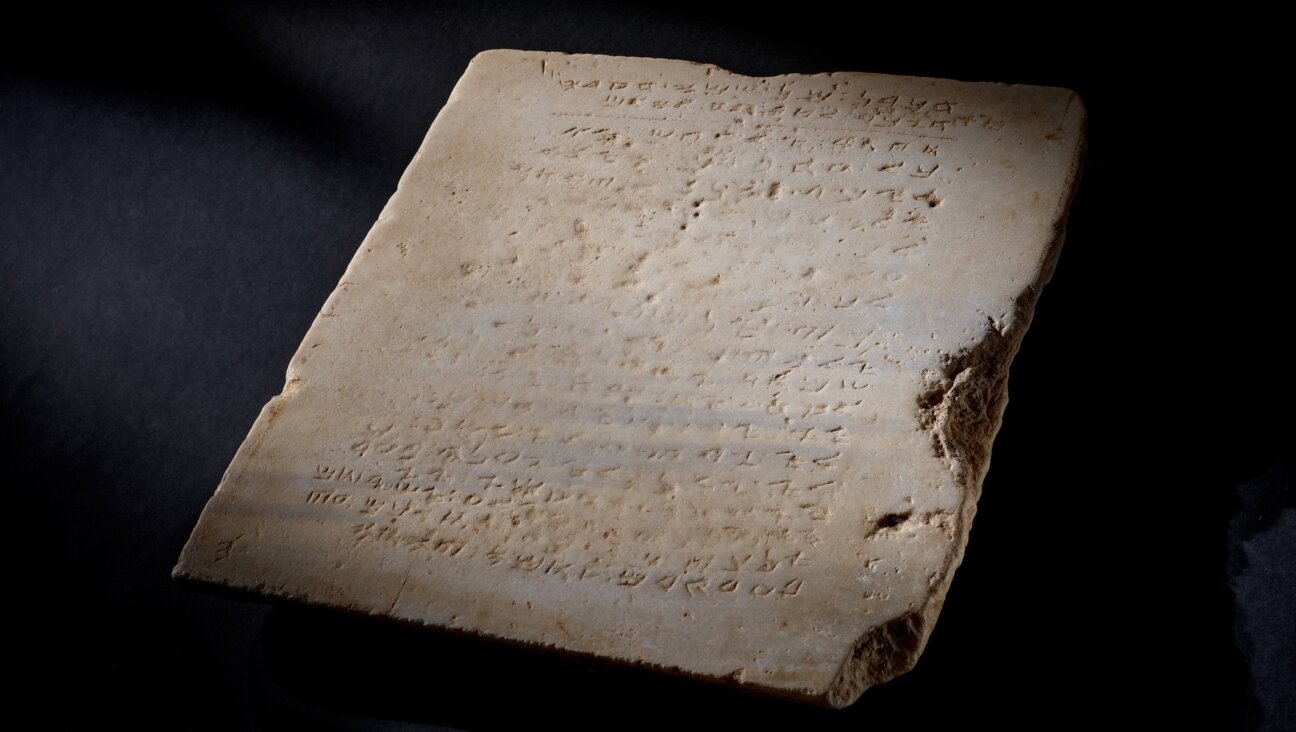Sand for Sale: An Unusual Solution to Theft in the Negev
Tel Aviv, Israel — Land disputes are nothing new in the Middle East, but the latest battles are over an unexpected part of Israel’s territory — its sand.
In recent months, the Israel Land Administration, the government agency that owns most of the land in Israel, has become concerned about building contractors who have been driving large trucks into the Negev desert to cart away sand for use in the production of concrete.
In response to the theft, the ILA has put one of the last major sand dunes in the Negev up for sale, with the hope of deterring further stealing. The administration is currently preparing to decide which contractor will dig up the sand from a dune in the Arava Valley and move it to Eilat, where it will be sold to builders.
Local activists, together with the Israel Union for Environmental Defense, are mounting a high court challenge to block the move, claiming that the sale could ruin the natural beauty of the dune, as well as the habitat of rare species of plants and animals that thrive there.
Both the theft of sand and the determination of the ILA to sell a dune are symptoms of a wider problem facing Israel: The country is, in a sense, running out of sand. Though Israel is largely desert, sites where sand can be removed without damaging the environment are becoming exhausted.
“For years, sand has been thought of very lightly and taken from along the shoreline, with little thought for the future. In 50 years’ time, we are going to lack sand,” said environmental consultant Ra’aman Boral, former adviser to the Ministry of the Environment. And it’s not just the environmental lobby that is concerned. Meir Bar-El, head of the building materials division of the Manufacturers Association of Israel, told the Forward, “In the long run, we know that we face a shortage of sand. We are afraid it will be a problem.”
Sand theft is a problem that’s not entirely new. It has been a regular occurrence along the coastline, and violent turf wars sometimes erupt between criminals greedy for sand. According to official statistics, there were 100 cases of sand theft nationally last year, though many go unreported and there are no figures in the quantities of sand involved.
Builders are legally supposed to rely on official sandpits, which are operated by the government only as long as digging poses no risk to the environment. The sandpits are closed at the point that digging becomes an environmental risk. But after 60 years of heavy digging, most spots that will sustain digging without causing long-term damage have been exhausted.
Israel is not the only country to face sand crises; Indian builders face sand shortages during rainy seasons. And Saudi Arabia has measures in force to prevent sand export, for fear of shortages. Israel’s problem, however, is more acute than in most other places, given the size of the country and the speed at which it has been built.
Today there are just five legal sandpits — fewer than ever before — and they are rarely close to building projects, meaning that transport costs make their use an expensive option.
“The price of sand is going up, and with few places… builders can take it legally, there is motivation to steal,” said Nir Papay, director of the Environmental Protection Division at the Society for the Protection of Nature in Israel.
It is in this context that the ILA has decided that in 2009, it will begin to sell a third of the 175-acre Samar dune in the Negev desert’s Arava Valley for building projects 25 miles to the south, in Eilat. The dune is known for its fine and soft sand and for its wildlife.
ILA spokeswoman Ortal Tsabar said that “people can’t get it in a legal way, so they steal it.”
“If it’s available legally, there will be less motivation to steal it,” she added.
Tsabar said that while a third of the dune will be preserved as a nature reserve, supplying sand from the area is necessary to keep construction costs down in Eilat and to avoid the pollution that comes from transporting sand from farther away. The tender for the removal of the sand is due to be allocated in December. Samar sand is expected to meet building needs in the tourist town for around three years. That is not enough to make it worthwhile, activists argue.
“It doesn’t matter to us whether it would last for three, five or even eight years — it is still shortsighted and spells the destruction of an important natural habitat,” said Roy Talbi, a member of Kibbutz Talbi, which sits next to the dune. Talbi, coordinator of the Arava Institute’s environmental department, which has brought to the high court the petition against the dune sale, along with the Israel Union for Environmental Defense.
Israel’s leading expert on dunes, Haim Tsoar, geography professor at Ben-Gurion University of the Negev, told the Forward that “Samar is a unique field for science. The dune is one of the only dunes in the world to exist in such an arid area but to be covered by vegetation and inhabited by what I call ‘sand-loving’ animals that can only survive in this climate. This habitat will be destroyed.”
Samar’s rare species include the lesser Egyptian gerbil, the Middle Eastern short-fingered gecko and the sand fox.
Tsoar believes that Israel must look for long-term solutions. “We need something different from the current situation. One is to buy sand from Egypt — there’s lots in the Sinai.”
A message from our CEO & publisher Rachel Fishman Feddersen

I hope you appreciated this article. Before you go, I’d like to ask you to please support the Forward’s award-winning, nonprofit journalism during this critical time.
We’ve set a goal to raise $260,000 by December 31. That’s an ambitious goal, but one that will give us the resources we need to invest in the high quality news, opinion, analysis and cultural coverage that isn’t available anywhere else.
If you feel inspired to make an impact, now is the time to give something back. Join us as a member at your most generous level.
— Rachel Fishman Feddersen, Publisher and CEO






















